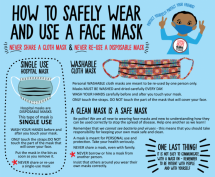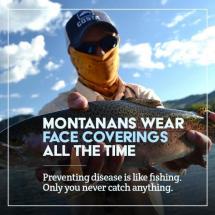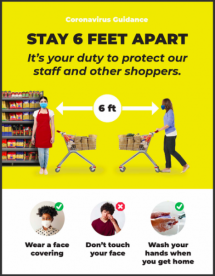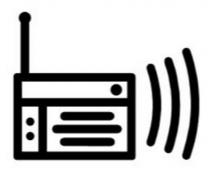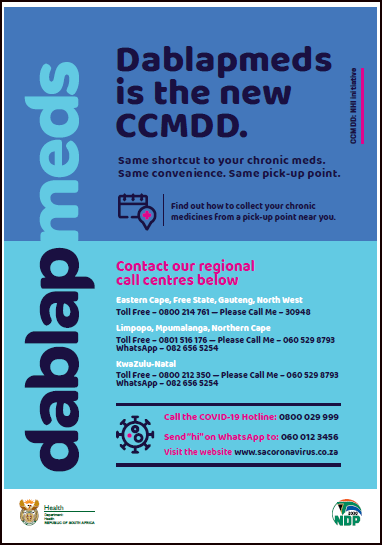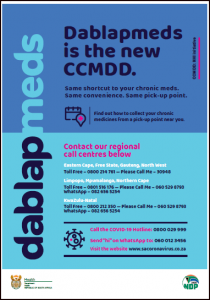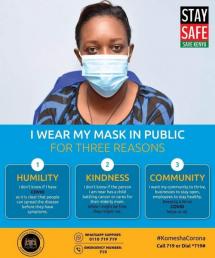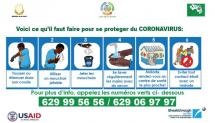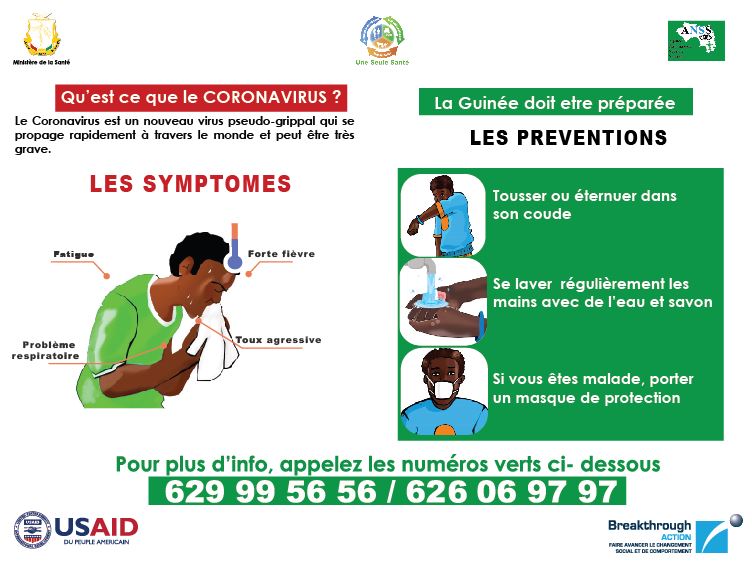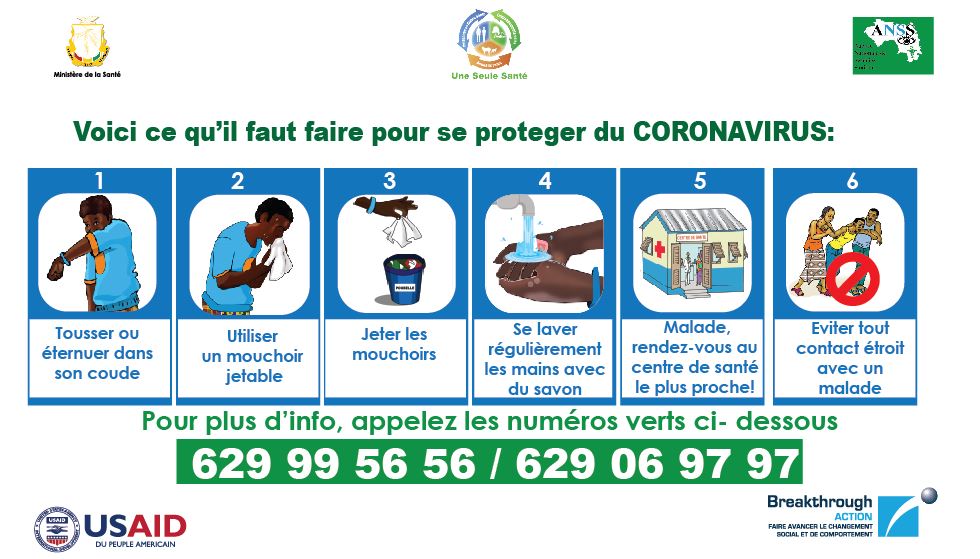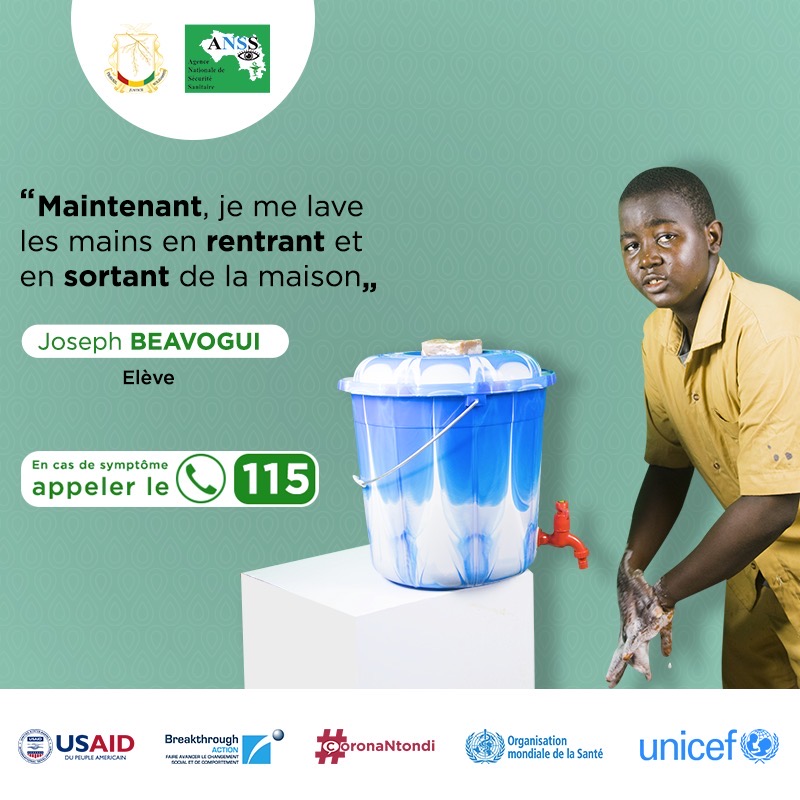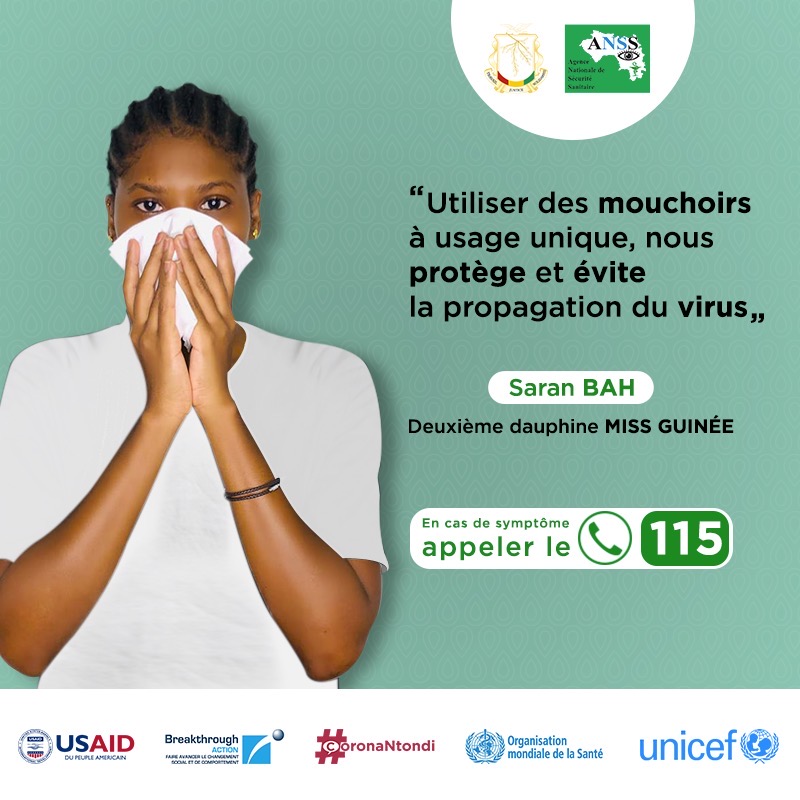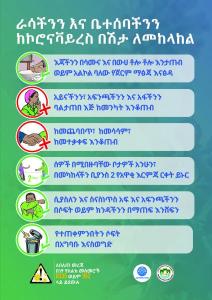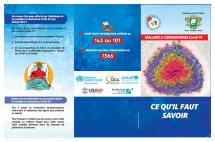How to Safely Use and Wear a Face Mask
This infographic/social media slide was created for the Zambia general population and shows how to wear a mask properly.
Source: InHouse Design
Date of Publication: July 21, 2020
SIMILIAR RESOURCES
Tools
Examples
- Physical Distancing, Face Masks, and Eye Protection for Prevention of COVID-19
- COVID-19 Communication Materials for the Americas
- Advice on the Use of Masks for Children in the Community in the Context of COVID-19
- Covid 19: Insights on Face Mask Use Global Review
- Scientific Brief: Community Use of Cloth Masks to Control the Spread of SARS-CoV-2
- Coronavirus disease (COVID-19): Masks
- How COVID-19 Spreads
- Nigeria Centre for Disease Control COVID-19 Resource Center
- KAP COVID: Exploring Knowledge, Attitudes, and Practices for COVID-19 Prevention
- Driving the HIV response: Community Guide to the WHO 2013 Consolidated Guidelines on the Use of Antiretroviral Drugs for Treating and Preventing HIV Infection

